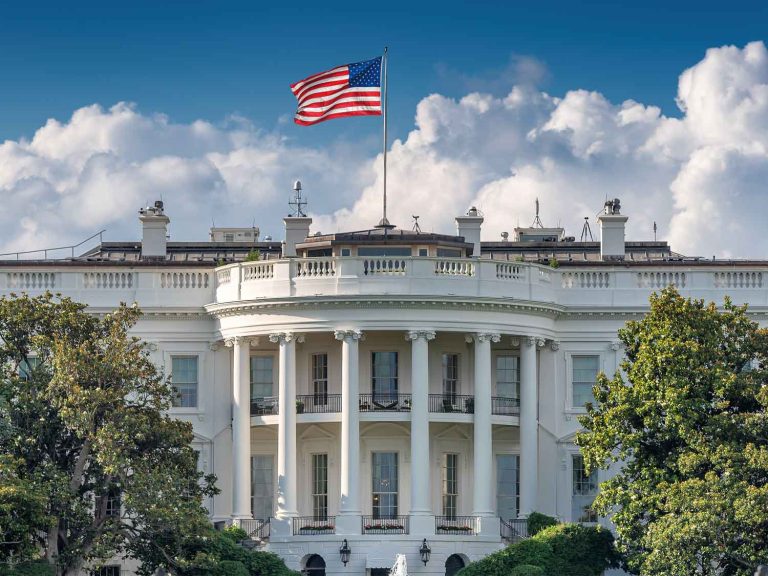
Date:
Uncertainty grows as US tariffs target China
While last-minute negotiations resulted in a temporary reprieve for Canadian and Mexican imports, President Trump’s new tariffs on Chinese goods from the 4th February have already triggered retaliation, adding further pressure to international supply chains.
US tariffs on Canadian and Mexican imports have been put on hold for at least 30 days following security commitments from both nations. This delay offers temporary relief for critical trade lanes, including automotive components, electronics, and pharmaceuticals.
Canada has pledged increased border enforcement measures, including new personnel and surveillance technology, while Mexico has committed to deploying additional forces to its border. These actions have led to a pause in tariffs, but shippers should remain cautious as negotiations continue, with the risk of duties being reinstated if agreements are not finalised by March.
The US administration has implemented an additional 10% tariff on Chinese imports and in response China has introduced tariffs of up to 15% on selected US goods and imposed export controls, affecting critical technologies such as solar cell production. While these measures appear targeted, they contribute to an increasingly volatile trade environment, forcing businesses to reconsider sourcing strategies and logistics solutions.
US prepares further trade restrictions
Beyond tariffs, the US is tightening its stance on eCommerce imports by getting ready to suspend the de minimis exemption for shipments from China, as soon as adequate systems are in place to fully and expediently process and collect tariff revenue. Previously, goods valued under $800 could enter the US duty-free, but the removal of this exemption would be expected to severely impact cross-border eCommerce air cargo volumes.
In addition, new regulations, announced by US Customs and Border Protection, introduce additional filing requirements, increasing administrative burdens on online retailers and logistics providers. However, analysts suggest that while higher costs may impact some importers, consumer demand is unlikely to diminish significantly, given the relatively low average value of eCommerce purchases.
With ongoing negotiations between the US, Canada, and Mexico, and China’s measured response to tariffs, industry leaders remain cautiously optimistic. However, agility will be essential in navigating evolving trade policies and regulatory changes. As new agreements are brokered and tensions shift, shippers must remain adaptable to mitigate risks and capitalise on emerging opportunities.
As global trade policies shift and new tariffs reshape supply chains, proactive planning is more critical than ever. At Metro, we leverage award-winning services and deep industry expertise to help businesses navigate evolving trade barriers, regulatory changes, and supply chain disruptions.
Whether you need to mitigate the impact of tariffs, ensure compliance with new regulations, or adapt sourcing/export strategies, our tailored solutions keep your supply chain resilient and competitive.
EMAIL Andy Smith, Managing Director, today to explore how Metro can safeguard your supply chain and support your business in 2025 and beyond.
